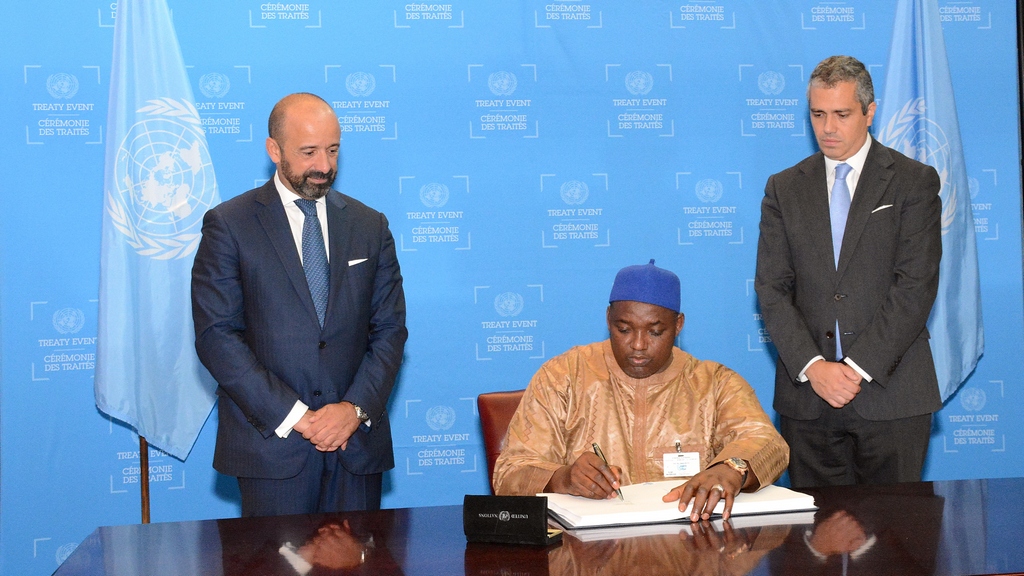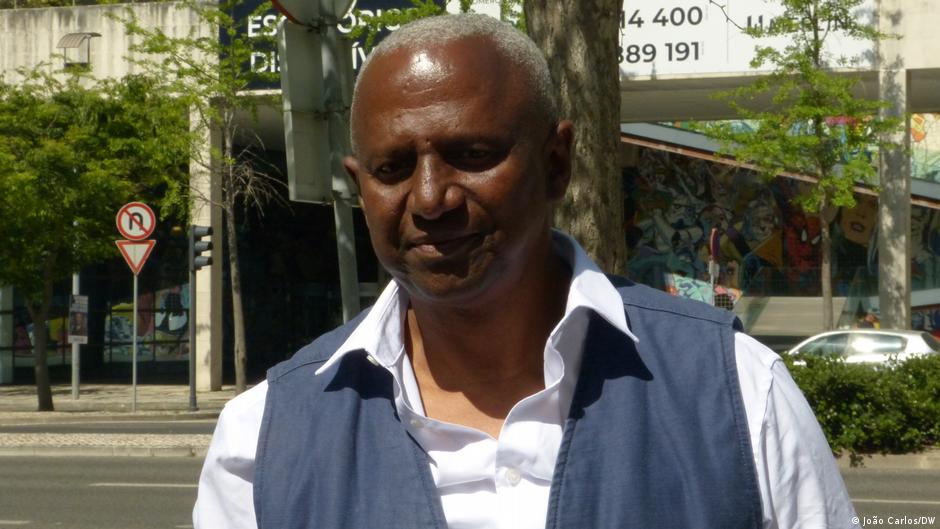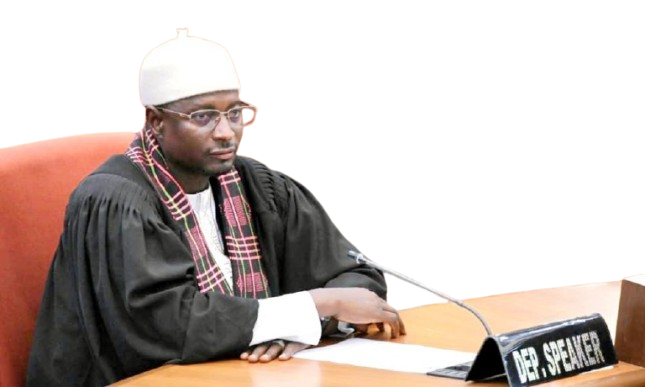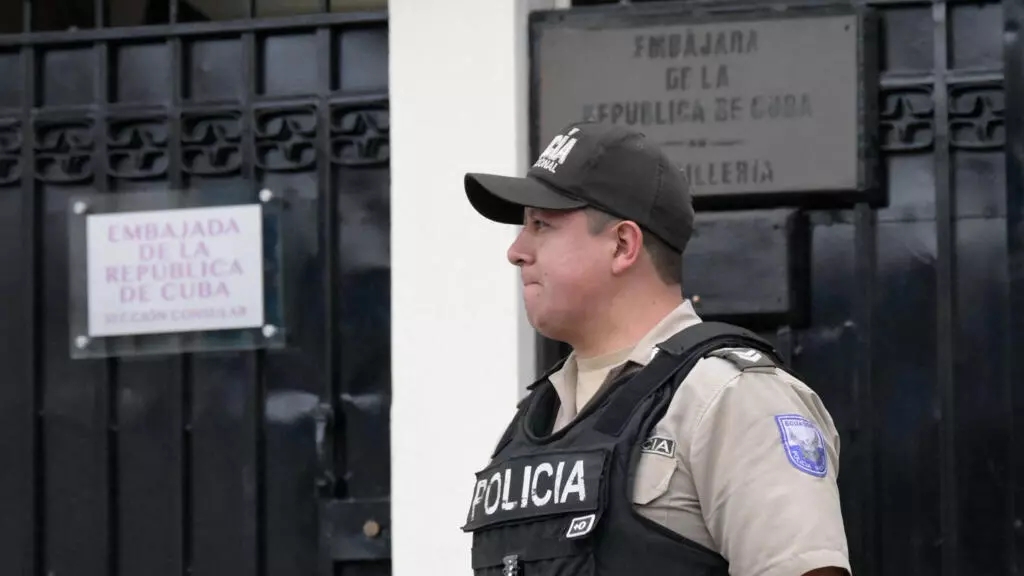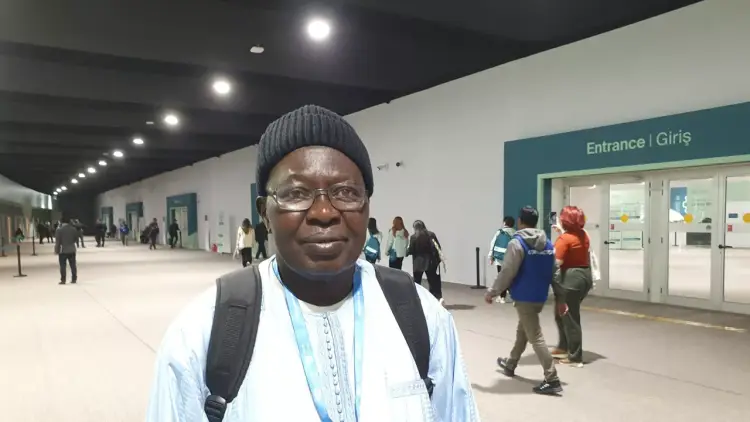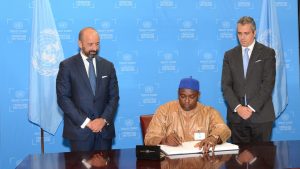Gambiaj.com – (Baku, Azerbaijan) — As negotiations at the UN Climate Conference enter their final hours, Gambian negotiator Bubu Pateh Jallow has underscored the critical importance of securing a clear and substantial financial commitment from wealthy nations to support vulnerable countries.
Speaking to VRT NWS, Jallow expressed concerns that the absence of an absolute monetary figure in the final agreement could undermine not only the outcomes of this summit but also the success of next year’s COP in Brazil.
“It’s my 22nd COP and one of the hardest,” said Jallow, a seasoned negotiator who described the current talks as “the COP of money.” According to him, discussions on adaptation, emission reduction, and other pressing climate issues have been stalled due to disputes over how much funding wealthy nations should contribute to a climate fund for poorer countries.
A Symbolic and Substantial Amount
Jallow emphasized that the group of African nations, alongside other developing countries, is united in its demand for a concrete financial figure in the final text. He noted that an agreement in the range of several hundred billion dollars annually by 2030 is essential, with a broader target of $1.3 trillion by 2035.
“The amount is not just about practicality—it’s a symbol,” he explained, adding that a vague or weak financial commitment could erode trust and cooperation ahead of COP30 in Brazil, where nations are expected to outline stronger greenhouse gas reduction targets.
Complexities in Global Dynamics
Jallow also addressed the contentious inclusion of countries like China and Saudi Arabia in the “poor countries” group. While their participation has drawn criticism from wealthier nations, which argue that these nations should contribute rather than receive funds, Jallow defended their inclusion, citing their significant investments in renewable energy. “Their status may need upgrading in the long term, but they still play a critical role in global climate action,” he said.
Gambia’s Vulnerability
As one of the countries most affected by climate change despite contributing only 0.01% of global emissions, The Gambia faces severe consequences. Jallow highlighted challenges such as coastal erosion, which threatens the nation’s tourism-dependent beaches, and declining agricultural yields, particularly in rice and maize, with some crops projected to see reductions of up to 28%.
“These impacts are devastating,” Jallow lamented. “We are a small contributor to climate change, but the repercussions for us are massive and disproportionate.”
Stakes for the Future
The outcome of the Baku conference will be pivotal, not only for climate finance but also for the credibility of global climate negotiations. By spring, countries must present more ambitious emission reduction goals, setting the stage for COP30, where mitigation efforts will dominate discussions.
For negotiators like Jallow, the hope is that world leaders can rise above their differences and prioritize the needs of the planet’s most vulnerable populations.



